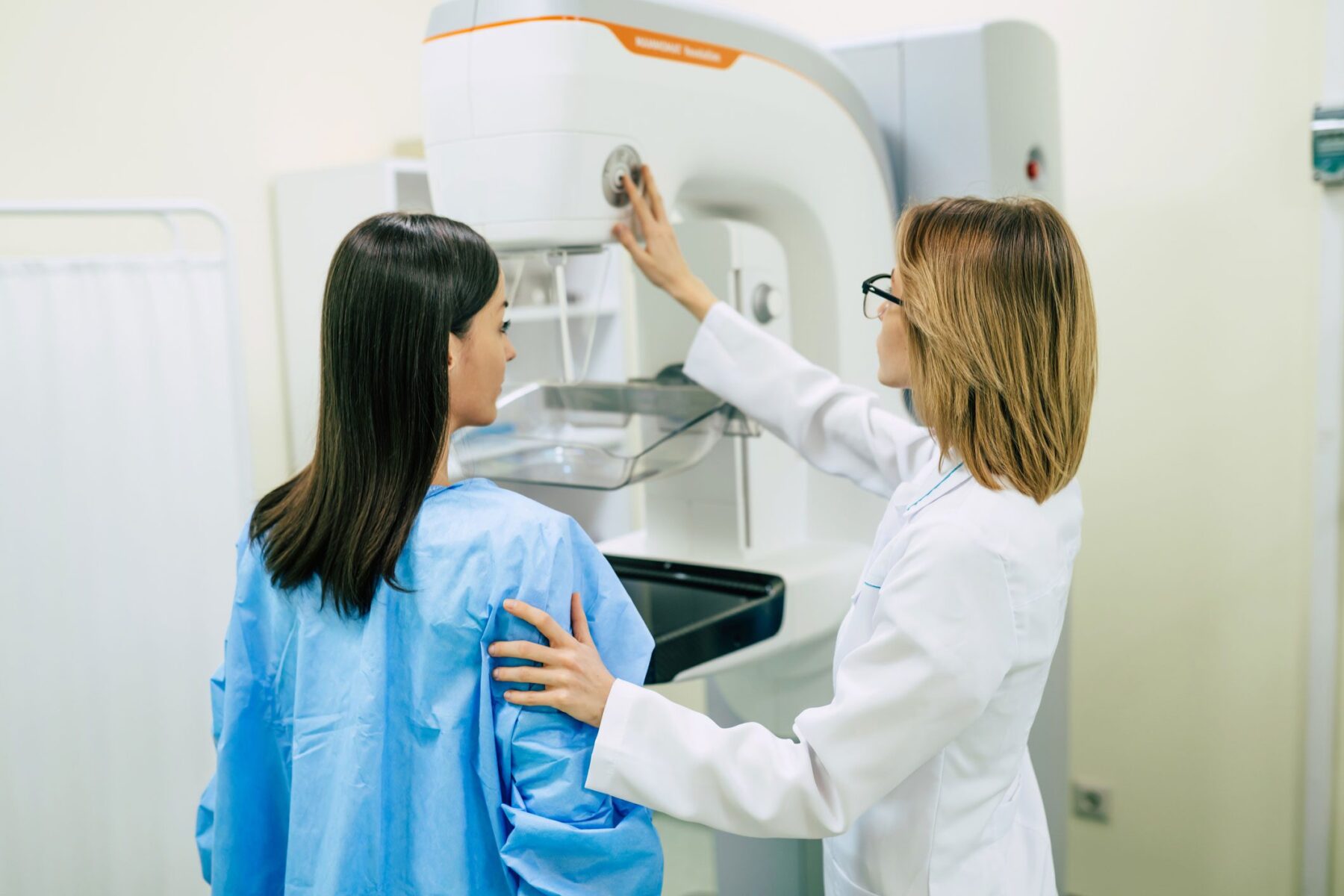With most medical conditions, it’s best to catch problems early before they develop into larger issues. Many problems are silent in their early stages and show no symptoms, so regular health screenings and annual exams are vital for remaining proactive about your health. The following guide will help you determine when it’s time to schedule an appointment with your provider:
Prenatal Screening
As soon as you suspect you’re pregnant, schedule an appointment with your Women’s Health Arizona ObGyn provider. It’s important to start taking prenatal vitamins and modifying your lifestyle to promote and protect the health of your baby. Through prenatal screening, genetic testing and ultrasounds, you can find out if your pregnancy is high risk so you can get the appropriate level of care for you and your baby.
Cervical, Uterine and Ovarian Cancer Screenings
Cervical, ovarian and uterine cancers can be detected and handled quickly in the beginning stages. However, if left untreated, they can be deadly. Pelvic exams, blood tests and Pap tests may be used to detect these types of cancer. According to the American Cancer Society, all women should begin cervical cancer screening at age 25.
Women aged 21 to 29 should have a Pap test every three years. HPV testing can also be done if there are abnormal results.
Women between 30 and 65 should have a Pap test combined with an HPV test every five years. It’s ok, however, to choose to have a Pap smear only every 3 years.
Mammogram Screenings
Your risk of breast cancer increases with age. For women with no history of cancer, we recommend seeing your doctor for an annual mammogram from age 40 through age 54, and every other year from that point on. From age 55 onwards, you can transition to a mammogram every other year until you are 75. At age 75, have a conversation with your ObGyn provider about whether you should continue having mammograms. Regular mammograms are important since breast cancer treatment is much more effective when the cancer is detected at an early stage.
Bone Density Testing
A bone density test detects osteoporosis, a disease that causes your bones to become fragile and break. A bone density test uses X-rays to measure how many grams of calcium and other bone minerals are within your bones.
Your doctor may recommend a bone density test if you’ve lost height, fractured a bone, taken certain steroid medications, received a transplant or had a drop in hormone levels. All postmenopausal women under age 65 and all women age 65 and older should receive bone density testing.
Colonoscopy
Women 45 years of age and older should have a colonoscopy to check for colon cancer and screen for precancerous polyps. Early detection leads to a more positive outcome, so being proactive is very important. The results of your first colonoscopy will determine how often you will need subsequent tests.
Cholesterol and Lipid Profiles
Healthy women aged 45 and older should have lipid profiles done annually. Additionally, high cholesterol, high blood pressure or a high BMI should be proactively monitored and managed to avoid heart problems.
Read more:
- American Cancer Society
- Mayo Clinic
- National Osteoporosis Foundation
If you would like to meet with a knowledgeable doctor, consider contacting Women’s Health Arizona. As Arizona’s largest ObGyn group, we’re trained and solely dedicated to delivering the best ObGyn experience in convenient and comfortable settings around Phoenix.

